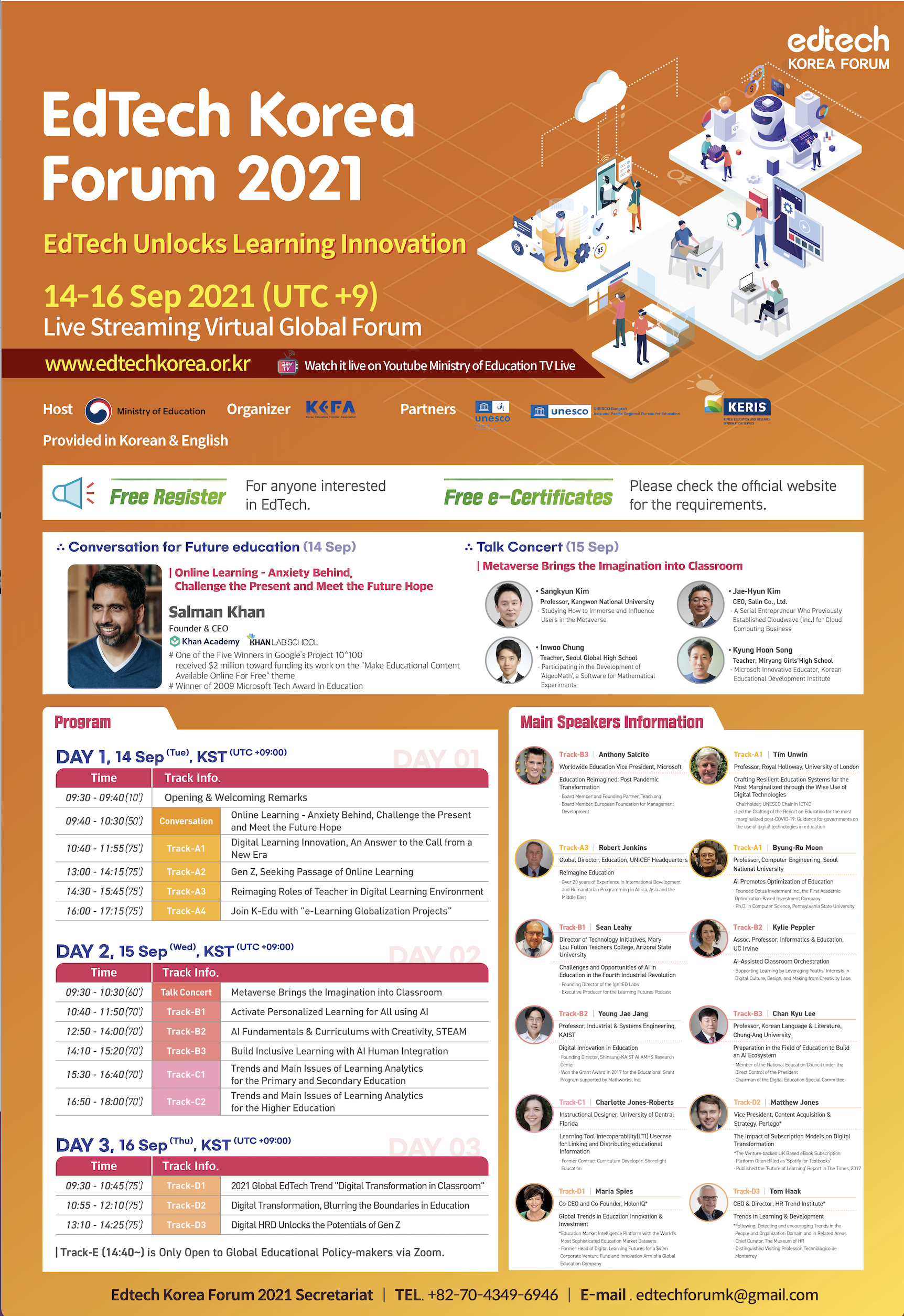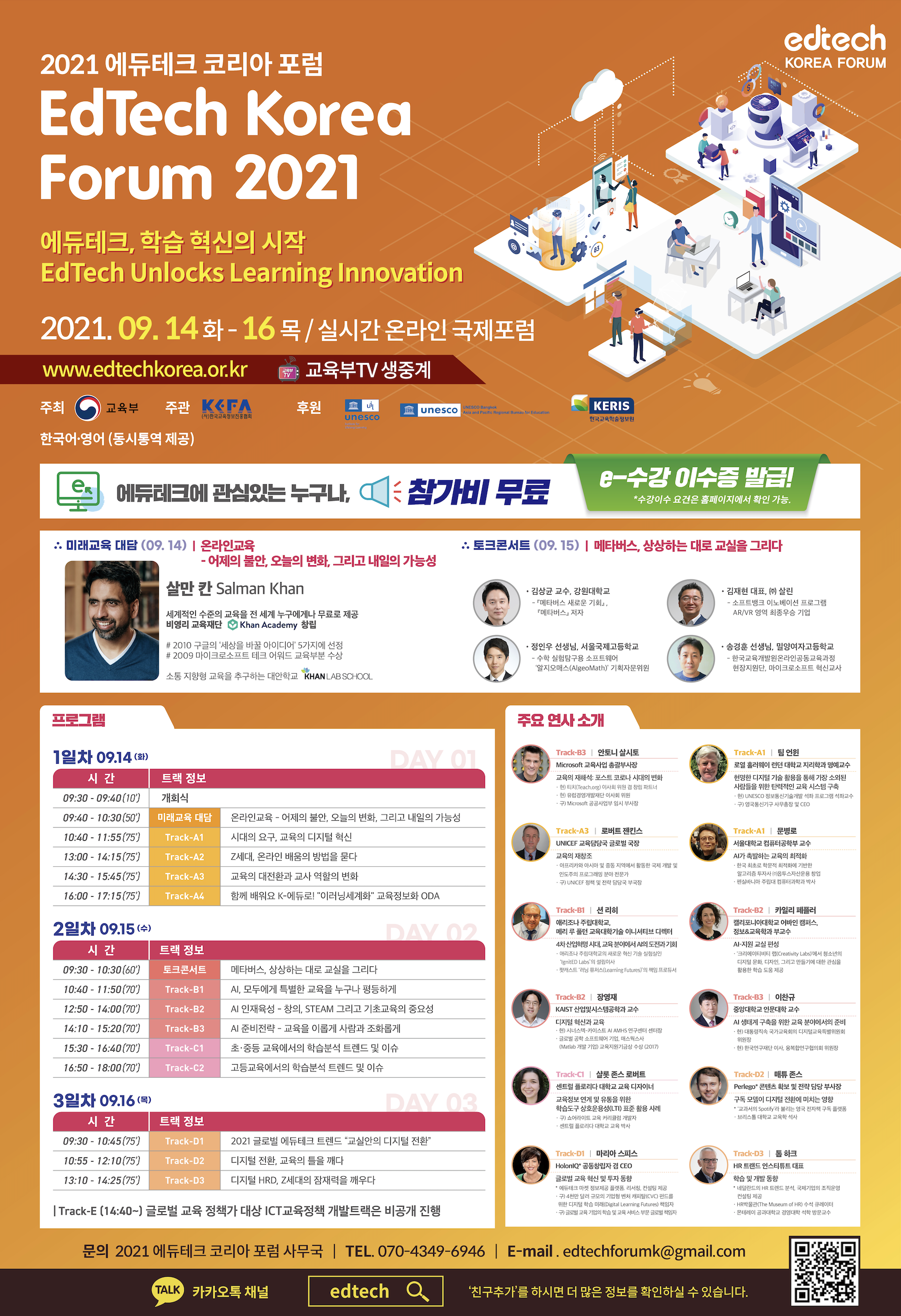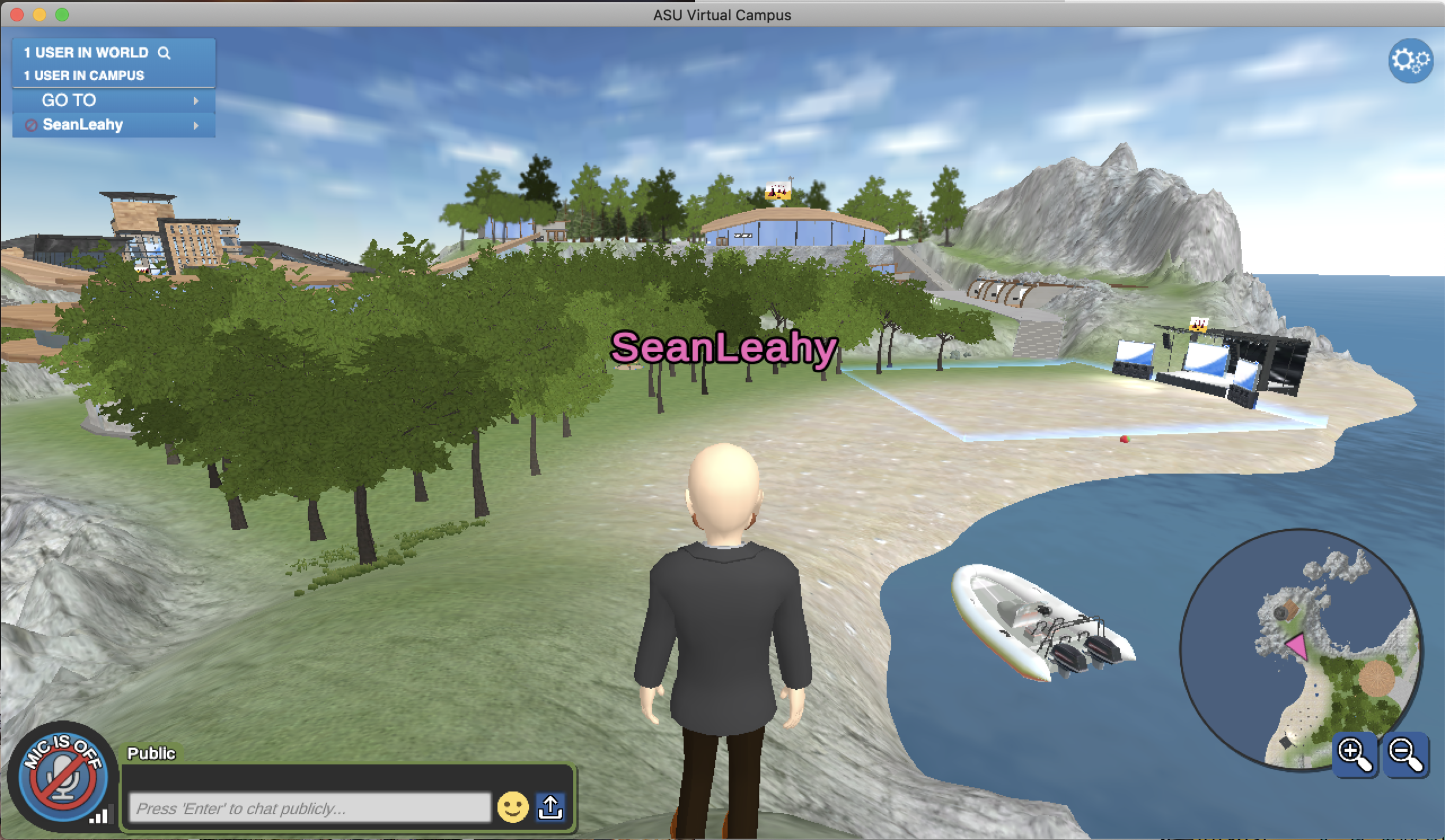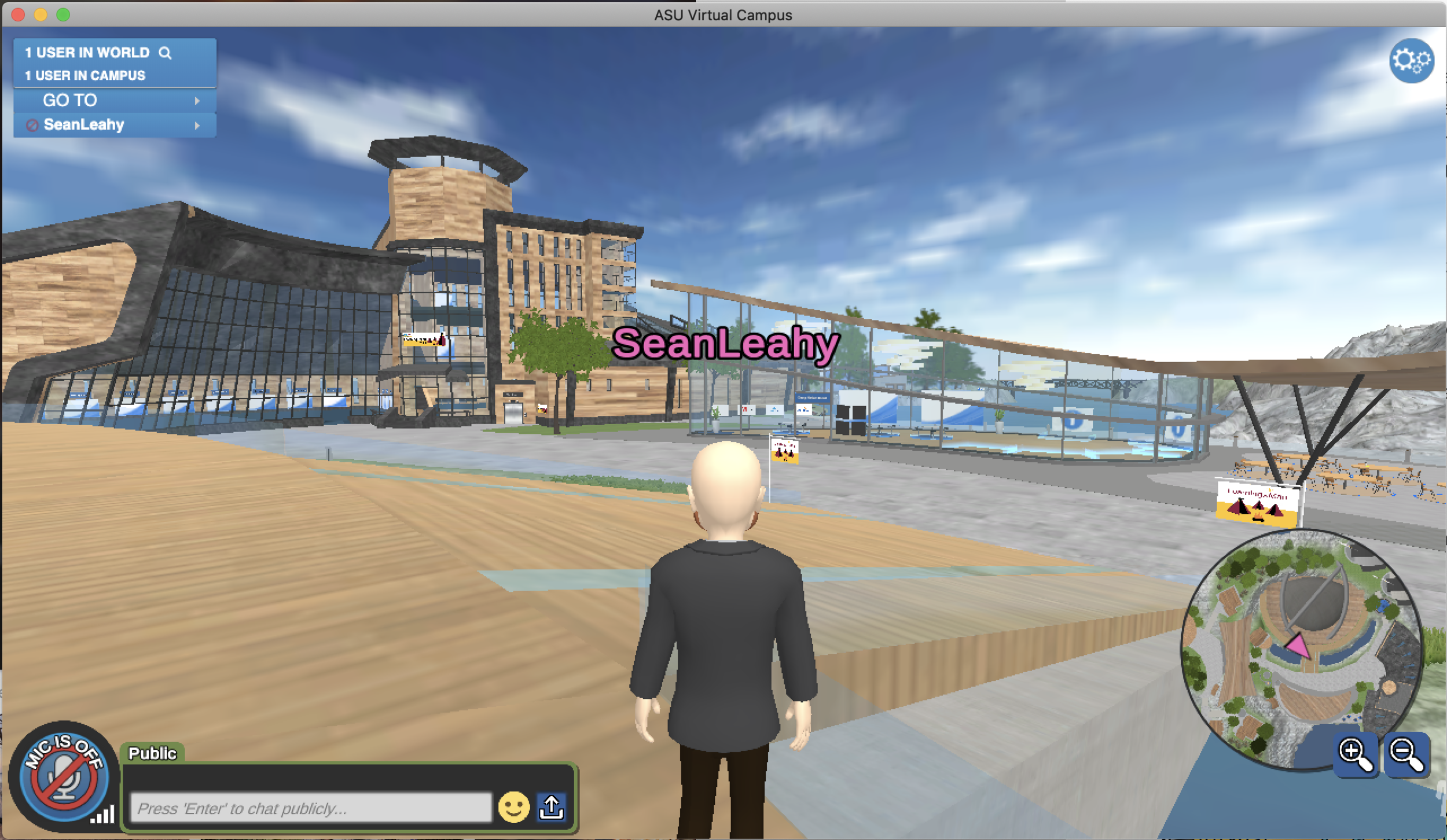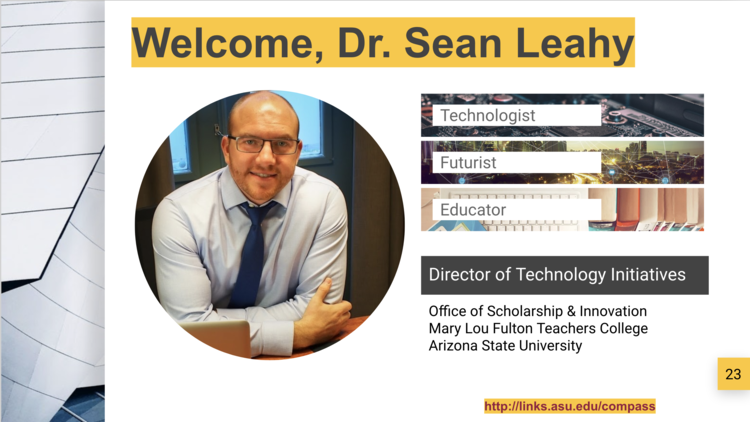I am excited to announce the launch of our newly funded research project called BioSense Network. To introduce this new project, the team sat down with me (virtually) for a quick roundtable discussion to define and explain not only what the BioSense Network is, but perhaps more importantly why a project like this is needed in the first place. Have a listen!
If you like what you’re hearing, please do subscribe to the Learning Futures Podcast on Apple Podcasts, Spotify, or wherever you get your podcasts…
If podcasts aren’t your thing, here’s a super short recap…
The show is hosted by me, and I’m joined by three of my colleagues to discuss this innovative project.
Host: Dr. Sean Leahy - twitter: @seanthenerd
Dr. Abhishek Singharoy - twitter: @abhisekhsingha1
Dr. Punya Mishra - twitter: @punyamishra
We talk about the exciting new project known as the BioSense Network, which is a newly funded project aimed at establishing a community of learners exploring biotechnology with a computational microscope. This innovative research grant is in collaboration with the Arizona State University School of Molecular Sciences, ASU Biodesign Institute, and the Mary Lou Fulton Teachers College at ASU. This project has been possible by funding from the Department of Defense STEM program.
While we cover a lot of ground on the podcast the main points we address are the following:
In the show we discuss the overall aims of this project, and explore how it is described as a research project aimed at bridging textbook biotechnology with reality, and what that really means in practice.
We talked about the importance of combining teams, (biotechnology and education) and discuss how we see this partnership as being crucial to creating a new approach to biotechnology education.
We touch on the broader impacts of projects like this, and the potential impact on STEM education and the pipeline of STEM professional careers.
We discuss our approach to flip the learning experience / community aspect, and create a community first, in which learning experience can take place, and how this new model may have long lasting benefits in terms of sustainability for this project.
We explore the use of high powered computing and virtual visualization technologies to bring zero-cost biotechnology to the hands of middle and high school students (that they otherwise wouldn’t have access until university level studies).
We discussed the four identified “tangible” goals / outcomes of the project, namely: communicate, promote, inspire, and enhance.
Our last element we discussed was our approach to create educational modules for educators to use with their students - what is entailed in the development and implementation of these, and how that differs from traditional approaches to train-the-trainer type projects etc.
All in all, it was a great opportunity to sit down with some really awesome people and talk about this exciting, innovative new project. More to come as the project get further underway…



